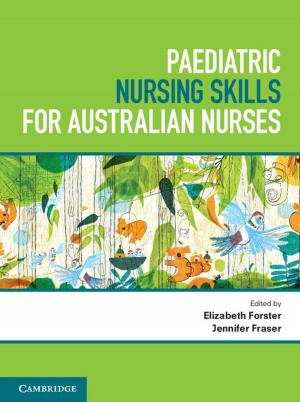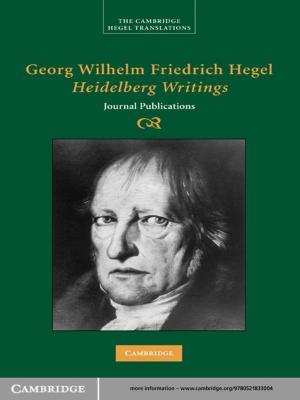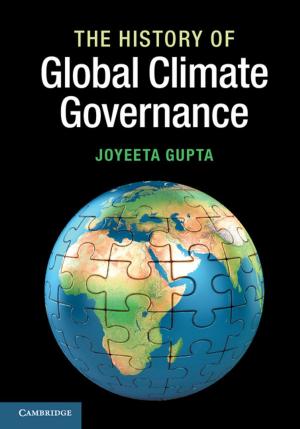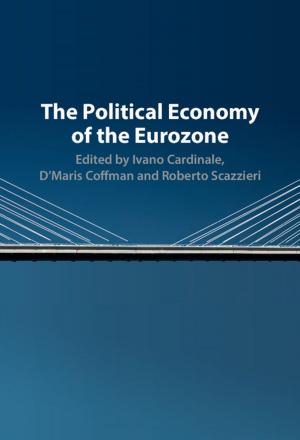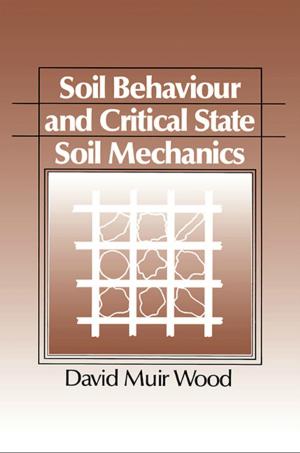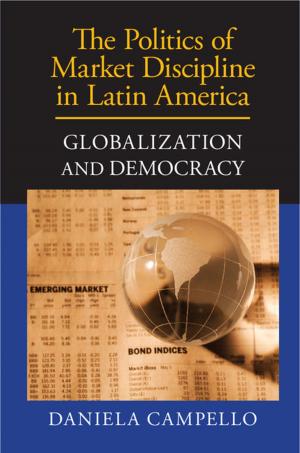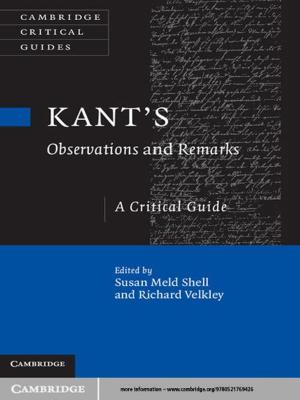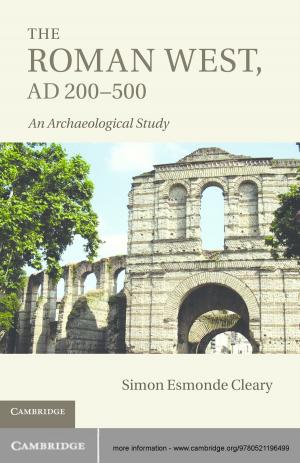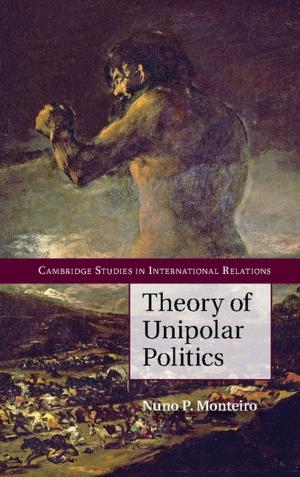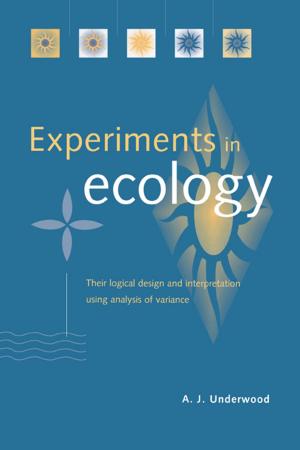Pollution and Crisis in Greek Tragedy
Fiction & Literature, Literary Theory & Criticism, Ancient & Classical, Nonfiction, History, Ancient History| Author: | Fabian Meinel | ISBN: | 9781316234495 |
| Publisher: | Cambridge University Press | Publication: | March 9, 2015 |
| Imprint: | Cambridge University Press | Language: | English |
| Author: | Fabian Meinel |
| ISBN: | 9781316234495 |
| Publisher: | Cambridge University Press |
| Publication: | March 9, 2015 |
| Imprint: | Cambridge University Press |
| Language: | English |
Pollution is ubiquitous in Greek tragedy: matricidal Orestes seeks purification at Apollo's shrine in Delphi; carrion from Polyneices' unburied corpse fills the altars of Thebes; delirious Phaedra suffers from a 'pollution of the mind'. This book undertakes the first detailed analysis of the important role which pollution and its counterparts - purity and purification - play in tragedy. It argues that pollution is central in the negotiation of tragic crises, fulfilling a diverse array of functions by virtue of its qualities and associations, from making sense of adversity to configuring civic identity in the encounter of self and other. While primarily a literary study providing close readings of several key plays, the book also provides important new perspectives on pollution. It will appeal to a broad range of scholars and students not only in classics and literary studies, but also in the study of religions and anthropology.
Pollution is ubiquitous in Greek tragedy: matricidal Orestes seeks purification at Apollo's shrine in Delphi; carrion from Polyneices' unburied corpse fills the altars of Thebes; delirious Phaedra suffers from a 'pollution of the mind'. This book undertakes the first detailed analysis of the important role which pollution and its counterparts - purity and purification - play in tragedy. It argues that pollution is central in the negotiation of tragic crises, fulfilling a diverse array of functions by virtue of its qualities and associations, from making sense of adversity to configuring civic identity in the encounter of self and other. While primarily a literary study providing close readings of several key plays, the book also provides important new perspectives on pollution. It will appeal to a broad range of scholars and students not only in classics and literary studies, but also in the study of religions and anthropology.

